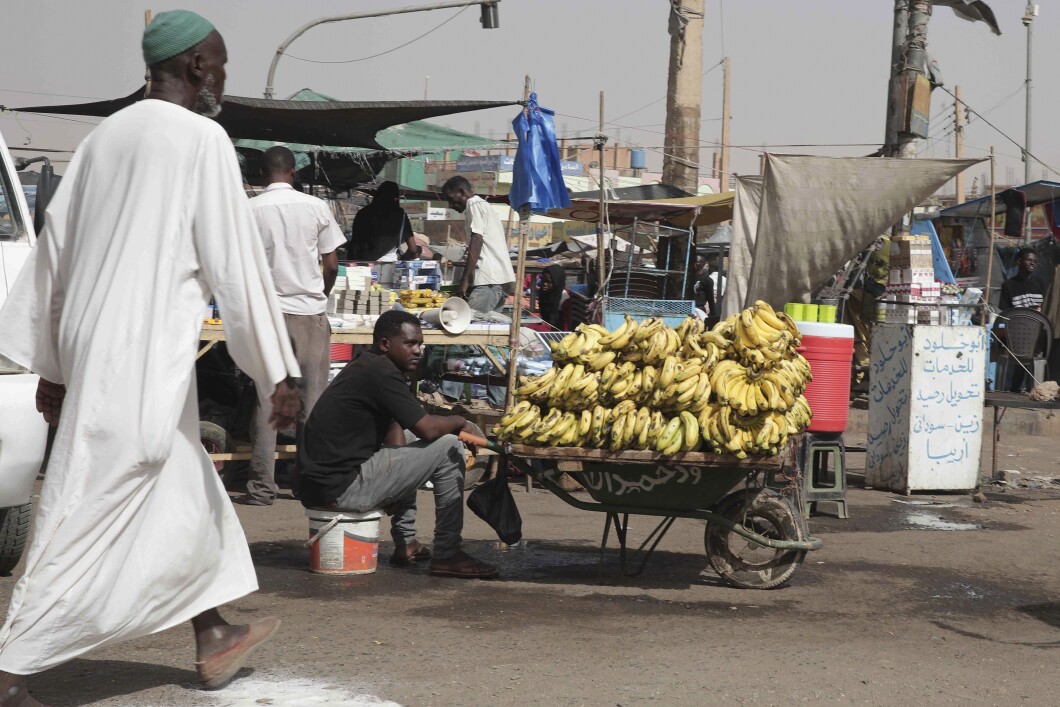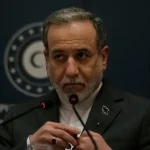
Sudan’s army has stopped participating in ceasefire talks with its rival Rapid Support Forces as the country’s civil war rages on without any sign of stopping.
Peace talks between the country’s army and the rival paramilitary group began in early May, and their agreement was just extended five more days before it was set to expire on Monday. But the negotiations and agreements did little to stop the fighting or lessen the humanitarian crisis in the country.
DEBT LIMIT DEAL: WHERE IT STANDS AND WHAT IS STILL TO COME
Fighting persisted in the Sudanese capital of Khartoum until late Tuesday night, as residents reported battles in all three of the adjoining cities that make up Sudan’s greater capital around the Nile River. The decision to halt talks of peace with the RSF came after weeks of frustration for the Sudanese government, according to al Jazeera.
“[The] RSF continued to violate the ceasefire and there is no meaning to this ceasefire. We still need to hear more from the army, in which they detail the reasons [as to] why they pulled out,” reported Mohamed Vall, a senior correspondent with the outlet.
Previous ceasefires had also been violated, according to citizens, leading to their skepticism as the most recent round of talks in Jeddah, Saudi Arabia, began.
The civil war broke out in mid-April. Since then, a humanitarian crisis has broken out, with hundreds of civilians dead and more than one million people forced to flee their homes. The United Nations predicted in early May that 860,000 people would flee the country for neighboring ones, such as Saudi Arabia.

CLICK HERE TO READ MORE FROM THE WASHINGTON EXAMINER
Last week, the United Nations estimated 24.7 million people, or half the population, need urgent humanitarian assistance and protection.
And according to the U.N., the World Health Organization said more than two-thirds of hospitals in the country are out of service, and even areas that have not seen fighting have medical facilities with low supplies and staff, fuel, oxygen, and blood bank services.





